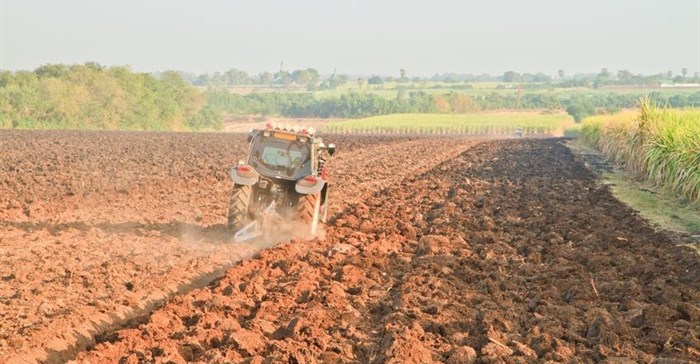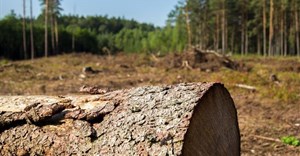NEW YORK, US - Agriculture has contributed nearly as much to climate change as deforestation by intensifying global warming, according to US research that has quantified the amount of carbon taken from the soil by farming. Some 133 billion tonnes of carbon have been removed from the top two metres of the earth's soil over the last two centuries by agriculture at a rate that is increasing, said the study in PNAS, a journal published by the National Academy of Sciences.

©Suwit Gaewsee-ngam via
123RFGlobal warming is largely due to the accumulation of carbon dioxide in the atmosphere from such activities as burning fossil fuels and cutting down trees that otherwise would absorb greenhouse gases such as carbon dioxide.
But this research showed the significance of agriculture as a contributing factor as well, said Jonathan Sanderman, a soil scientist at the Woods Hole Research Center in Falmouth, Massachusetts and one of the authors of the research.
Agriculture helps deplete carbon accumulation in the ground
While soil absorbs carbon in organic matter from plants and trees as they decompose, agriculture has helped deplete that carbon accumulation in the ground, he said.
Widespread harvesting removes carbon from the soil as do tilling methods that can accelerate erosion and decomposition.
"It's alarming how much carbon has been lost from the soil," he told the Thomson Reuters Foundation. "Small changes to the amount of carbon in the soil can have really big consequences for how much carbon is accumulating in the atmosphere."
Sanderman said the research marked the first time the amount of carbon pulled out of the soil has been spatially quantified. The 133 billion tonnes of carbon lost from soil compares to about 140 billion tonnes lost due to deforestation, he said, mostly since the mid-1800s and the Industrial Revolution.
The potential of soil to mitigate global warming
But the findings show potential for the earth's soil to mitigate global warming by absorbing more carbon through such practices as better land stewardship, more extensive ground cover to minimise erosion, better diversity of crop rotation and no-till farming, he said.
The world's nations agreed in Paris in 2015 to reduce emissions of greenhouse gases generated by burning fossil fuels that are blamed by scientists for warming the planet.
President Donald Trump pulled the United States out of the landmark Paris accord in May, saying it would undermine the US economy and weaken national sovereignty. Supporters of the accord, including some leading US business figures, said Trump's move was a blow to international efforts to tackle global warming that would isolate the United States.
Thomson Reuters Foundation
Reporting by Ellen Wulfhorst, editing by Belinda Goldsmith


























